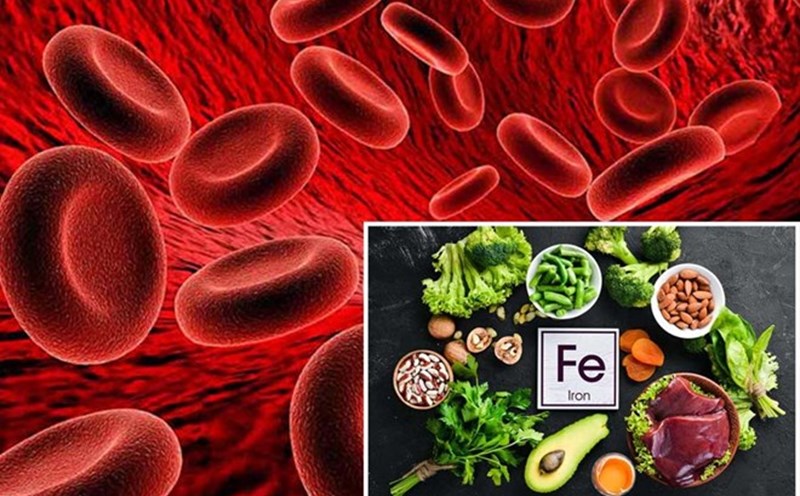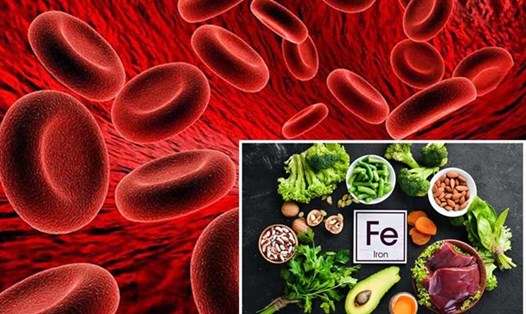What is anemia?
According to the World Health Organization, anemia is a condition in which your blood doesn't have enough healthy red blood cells or hemoglobin, a protein in red blood cells that carries oxygen. This can happen because your body doesn't make enough red blood cells, loses red blood cells too quickly, or the red blood cells you have don't work properly, all of which can lead to:
Tired
Out of breath
Pale skin
Chest pain
Dizziness or lightheadedness
Cold hands and feet
Headache
Brittle nails
How does kidney disease cause anemia?
According to Dr Puneet Bhuwania, Nephrologist and Transplant Physician, Wockhardt Hospital, Mira Road (India), Chronic Kidney Disease (CKD) affects millions of people worldwide. The disease can lead to many complications, one of the most common of which is anemia.
Decreased erythropoietin production: The kidneys produce erythropoietin, a hormone that stimulates red blood cell production. Damaged kidneys produce less of this hormone.
Iron deficiency: CKD can reduce the ability to absorb iron or increase iron loss.
Inflammation: Chronic inflammation in patients with kidney disease can significantly affect the function and lifespan of red blood cells.
Treatment of anemia due to kidney disease
“For patients with both kidney disease and anemia, outcomes can vary significantly depending on a number of factors, including the stage of kidney disease, the severity of anemia, and how well the patient adheres to their treatment plan,” says Dr. Bhuwani.
In addition, timely detection of kidney disease and anemia can improve quality of life and reduce other complications. While kidney disease disrupts red blood cell production, a combination of medical treatments, dietary changes rich in iron and vitamin C, and healthy lifestyle habits can significantly improve hemoglobin levels and quality of life for patients with anemia.









